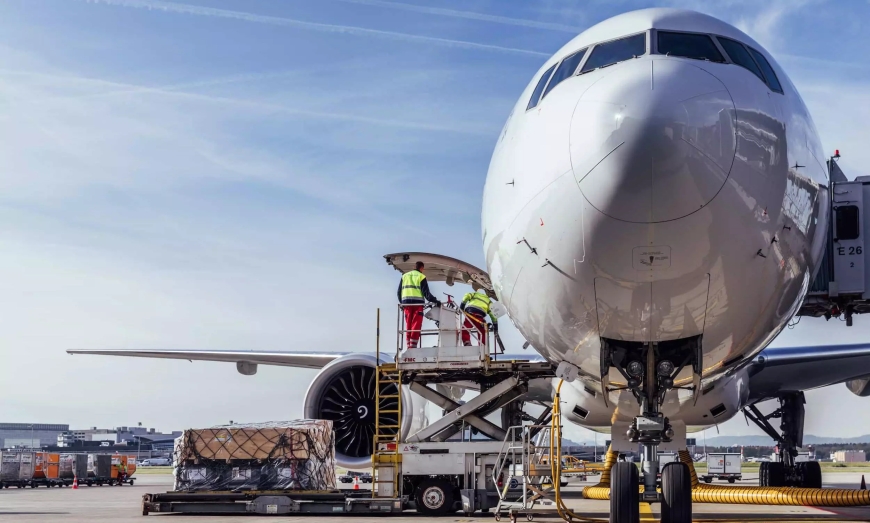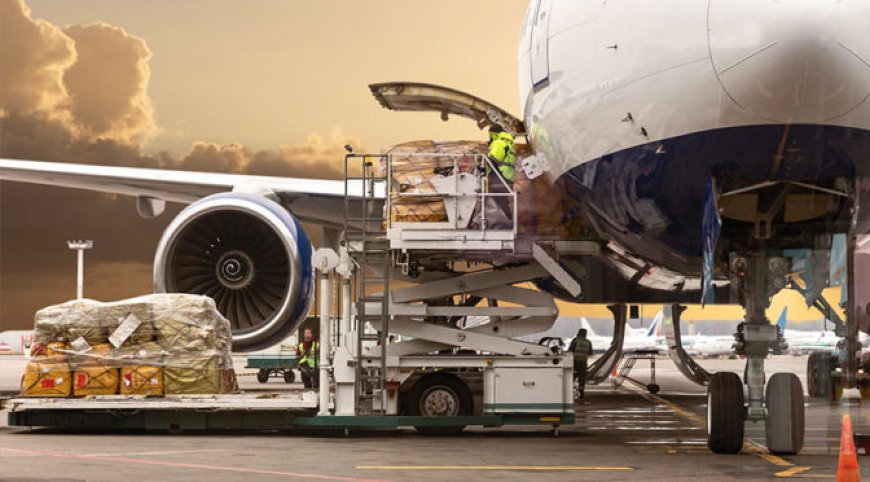How Nigeria's Deal Unlocking Exports To Kenya By Air Works
This was announced on Sunday, May 25, via the Minister of Industry, Trade and Investment, Dr. Jumoke Oduwole

Nigeria introduced a new African Continental Free Trade Area (AfCFTA) air corridor to ramp up exports to major African markets like Kenya, Uganda, and South Africa — and it is expected to slash logistics costs for Nigerian exporters by 50 per cent to 75 per cent.
This was announced on Sunday, May 25, via the Minister of Industry, Trade and Investment, Dr. Jumoke Oduwole, on her official X (formerly Twitter) account.
She explained that the corridor, powered by Uganda Airlines, is part of a bigger push to plug Nigerian products directly into AfCFTA markets, making it way easier (and cheaper) for local businesses to move goods across the continent.
“On Africa Day, we launch a bold new air corridor linking Nigerian goods to AfCFTA markets—via Uganda Airlines—cutting logistics costs by 50–75%. This opens access to Uganda, Kenya & South Africa,” Oduwole’s statement read in part.

Nigerian officials pose for a photo during the launch of a new African Continental Free Trade Area (AfCFTA) air corridor on May 26, 2025. /DR JUMOKE ODUWOLE.X
As reported by Nairametrics, the new corridor is set to boost exports of goods like textiles, cosmetics, and agricultural products, giving Nigerian businesses a stronger shot at growth. With logistics costs dropping sharply, it’s now cheaper and more profitable for exporters to scale across Africa.
The announcement also confirmed that AfCFTA tariff rates have officially been gazetted, meaning Nigerian exporters can now tap into lower duties — a big win for expanding trade under the deal.
The Ministry of Industry, Trade, and Investment reaffirmed its support for Nigerian businesses, promising continued backing as they grow and compete across the continent through AfCFTA-driven initiatives.
What This Means For Kenya
Nigeria’s launch of an AfCFTA air corridor is a strategic move that will significantly impact Kenya's trade landscape. The corridor is designed to streamline air freight between Nigeria and key African markets—including Kenya—by slashing logistics costs by up to 75 per cent.
This move enables Nigerian exporters to send goods like cosmetics, fashion items, and agricultural products to Kenya faster and more affordably. For Kenyan importers, this means access to Nigerian products at lower prices, which could lead to greater market diversity and cost savings for consumers.
For Kenyan businesses, this development also opens a valuable back channel. The corridor enhances connectivity, meaning Kenyan exporters—especially small and medium enterprises—can now explore new opportunities in Nigeria’s large and dynamic market.
Kenyan products like tea, flowers, coffee, textiles, and even tech services could find new audiences, provided local exporters capitalise on the improved logistics and reduced trade barriers.
That said, there are also some caution flags. While the air corridor reduces freight costs, broader infrastructure and regulatory challenges remain. For instance, discrepancies in product standards, customs procedures, and port efficiency could still slow things down.
Kenya is also wary of potential revenue losses due to tariff reductions under the AfCFTA framework, which could affect government finances if not carefully managed.
Strategically, Kenya needs to act fast to leverage this opportunity. That means investing in trade infrastructure, aligning policies and standards with Nigeria’s, and supporting local SMEs in scaling up for export readiness.
If done right, this air corridor could be a powerful engine for intra-African trade, economic diversification, and stronger ties between two of the continent’s largest economies.







